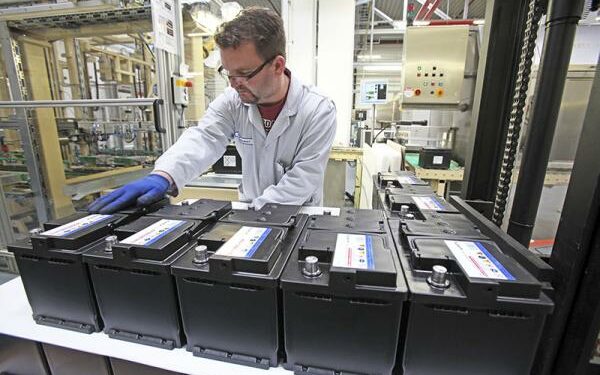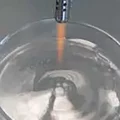As stop-start battery technology gathers momentum, Johnson Controls has ensured it is at the forefront of the surge, announcing spending of US$555 million in the technology up to 2020.
The US company has already spent more than $112 million on its facility in Hannover, Germany to increase production of AGM batteries by 65% since 2011. Two years ago it spent US$112 million in Zwickau, its largest AGM battery production plant.
In August the company announced more capacity at its Toledo, Ohio plant, and a US$200 million plant slated for Shenyang, China, will produce 6 million SLI and AGM batteries a year.
The global stop-start market for new vehicles could reach 53 million a year by 2020, a milestone year in the industry, which is expected to be saturated by stop-start systems by then.
Already BMW only makes new cars with stop-start batteries, and in Western Europe it is believed that 60% of new cars already have the technology, the figure rising to 80% by the turn of the decade.
The US and China are following suit, and by the same year the take-up is expected to be at least 40%, said Johnson Controls.
“Most automakers in North America already use AGM batteries in Europe,” said Craig Rigby, JCI’s technology strategist. “With global platforms, it makes sense for automakers to bring the technology over here.”
Johnson Controls recently unveiled the 12-volt Lithium Titanate battery it will use in some of its advanced stop-start systems. The proprietary Titanate chemistry will accept and store regenerative braking energy during deceleration.












